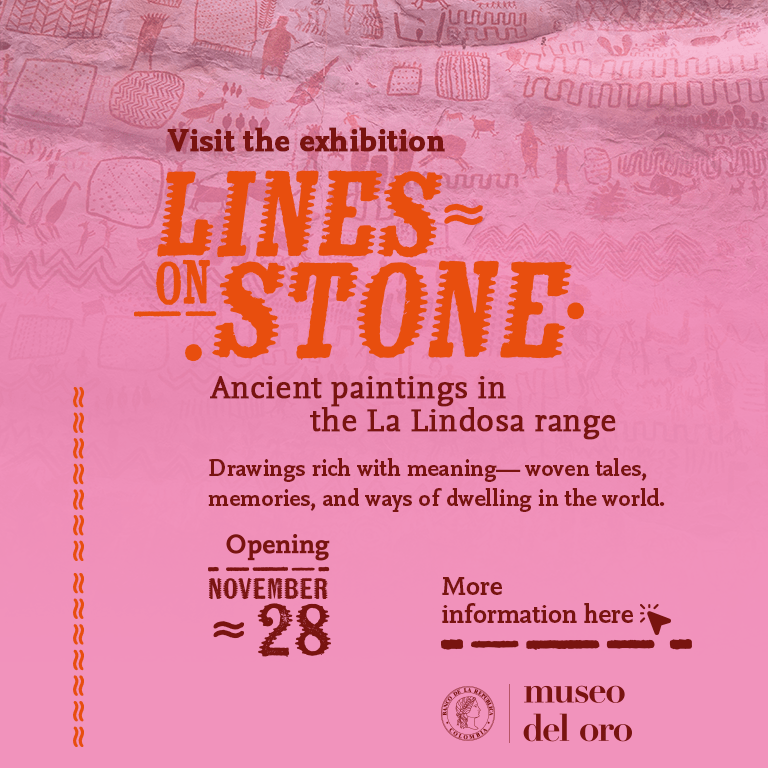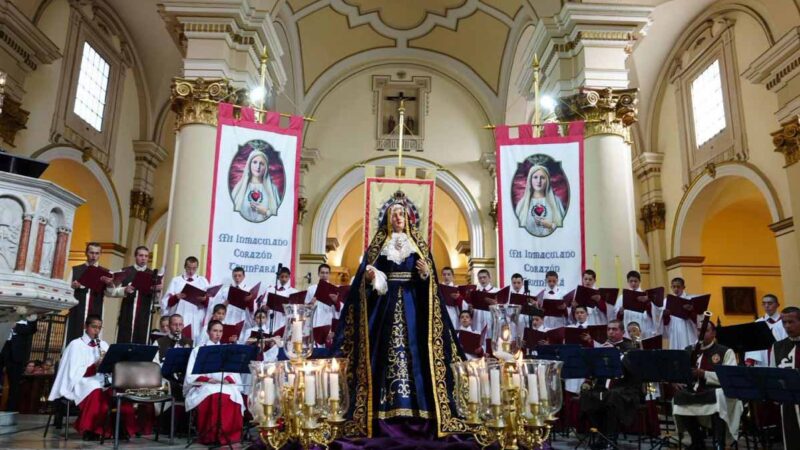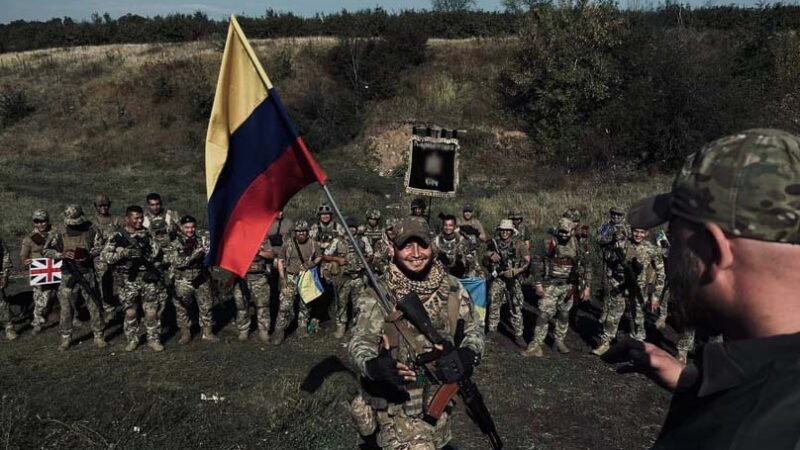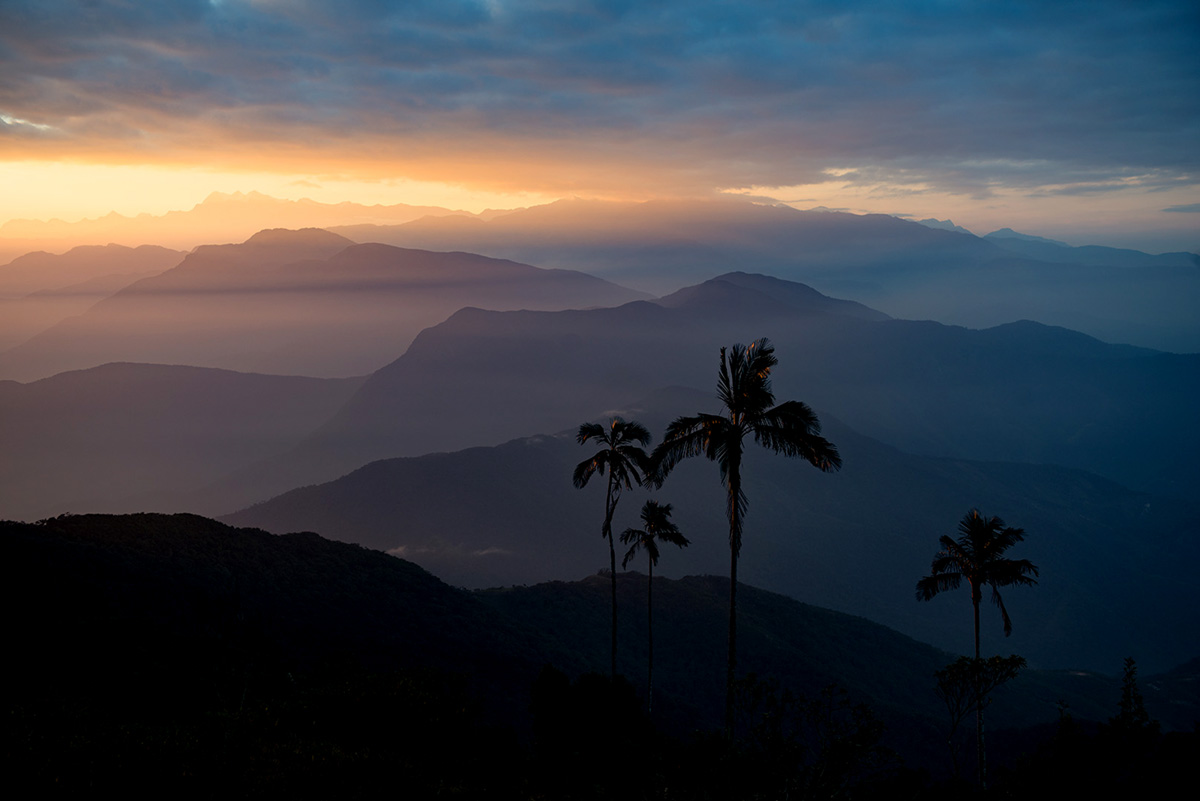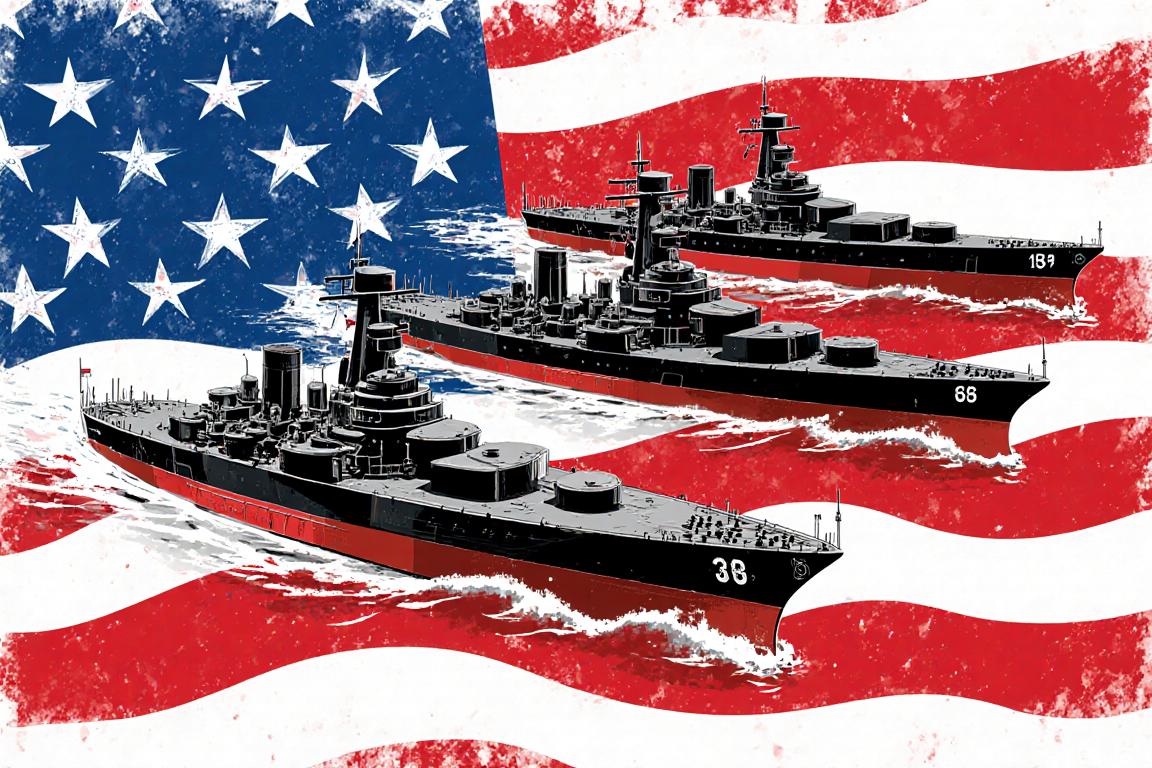
Colombian President Gustavo Petro stated Tuesday night that he had sent a message to U.S President Donald Trump through intermediaries, warning that a military strike against neighboring Venezuela could drag his country toward a regional conflict.
Speaking during a cabinet meeting dedicated to security issues, Petro said that the United States was courting disaster with its latest naval deployment to the Caribbean, just miles off Venezuela’s coast. Washington announced the arrival of three Aegis guided-missile destroyers as part of an expanded counter-narcotics operation, a move that U.S. officials said was aimed at dismantling Latin American drug cartels.
“The Gringos are mad if they think invading Venezuela will solve their problems,” said Petro. “They are dragging Venezuela into a Syria-like situation, with the problem that they are dragging Colombia too.” The Colombian leader added that his warning to Mr. Trump was not an act of allegiance to Venezuela’s Nicolás Maduro, who has long been at odds with Washington. “I told Trump, through his emissaries, that it would be the worst mistake. And it is not, as the press says, that we are allies of Maduro. My term will pass, so too that of Maduro’s, whatever the year. My time is set by the Constitution,” affirmed the leftist leader.
The comments highlight the volatile triangle of tensions among Washington, Caracas, and Bogotá.
Petro has positioned himself as a critic of U.S. foreign policy in the region while also urging Venezuela to halt the presence of Colombian guerrilla groups on its territory.
Earlier this week, Petro publicly claimed that dissidents of the Revolutionary Armed Forces of Colombia (FARC) and the National Liberation Army (ELN) had moved parts of their ongoing war into Venezuelan territory. Venezuela’s interior minister, Diosdado Cabello, denied the assertion, insisting that Venezuelan police and military were fully deployed along the frontier. “Unfortunately, we cannot say the same of the Colombian side,” Cabello remarked.
Petro pushed back against Maduro’s henchman. “Diosdado says they are not in Venezuela, but they are, and what I have done is invite them to remove them, in coordination,” he said.
The U.S. operation has further fueled speculation that the Trump administration is contemplating military action against Venezuela, despite official claims that the naval deployment is meant only to disrupt narcotics trafficking. White House press secretary Karoline Leavitt, however, did tell reporters that the administration was “prepared to use every element of American power” in dealing with the “narco-terrorist cartel.”
Asked directly whether “boots on the ground” were being considered, Ms. Leavitt stopped short of confirming such plans but underscored Mr. Trump’s hard line on the issue. “President Trump has been very clear and consistent,” she said. “He is prepared to use every element of American power to stop drugs from flooding our country and to bring those responsible to justice.” She went on to reiterate the U.S. position that the Venezuelan leader has been indicted in the United States for drug trafficking. “Maduro, in the view of this administration, is not a legitimate president. He is a fugitive head of a cartel,” she said.
For Petro, who has struggled to balance relations with Washington while promoting his “total peace” policy at home, the specter of a U.S.-led intervention in Venezuela poses an existential dilemma. Colombia shares a porous 1,900-km border with Venezuela, and any military escalation could quickly spill across the frontier, destabilizing its own fragile efforts to demobilize illegal armed groups.
During the cabinet meeting Petro also raised the spectre of resource exploitation, suggesting that the U.S military deployment is motivated by control over Venezuela’s vast reserves of oil and minerals. “They would take underground riches, minerals, and that means more for death, not for life,” he said.
Caracas, for its part, has mobilized what it claims are four million Bolivarian militiamen under a “peace plan” to counter external threats. The Maduro regime portrays the American destroyers off its coast as a prelude to invasion, while Washington insists they are part of a global strategy to choke off the narcotics trade.
The Caribbean manoeuvre comes at a time when both Colombia and Venezuela are grappling with entrenched criminal economies and escalating violence. Petro has sought to engage Maduro’s government with a new “binational zone” along the border, betting that dialogue can prevent the region from sliding deeper into instability. But Tuesday’s remarks marked one of his sharpest warnings yet against Washington’s course of action.
“They are turning Venezuela into Syria, and in doing so, they are pulling Colombia into the same abyss,” Petro said, his voice rising during the cabinet session. “That would be the worst mistake in decades.”
Share this story
The City Paper Staff
View all posts by The City Paper Staff



